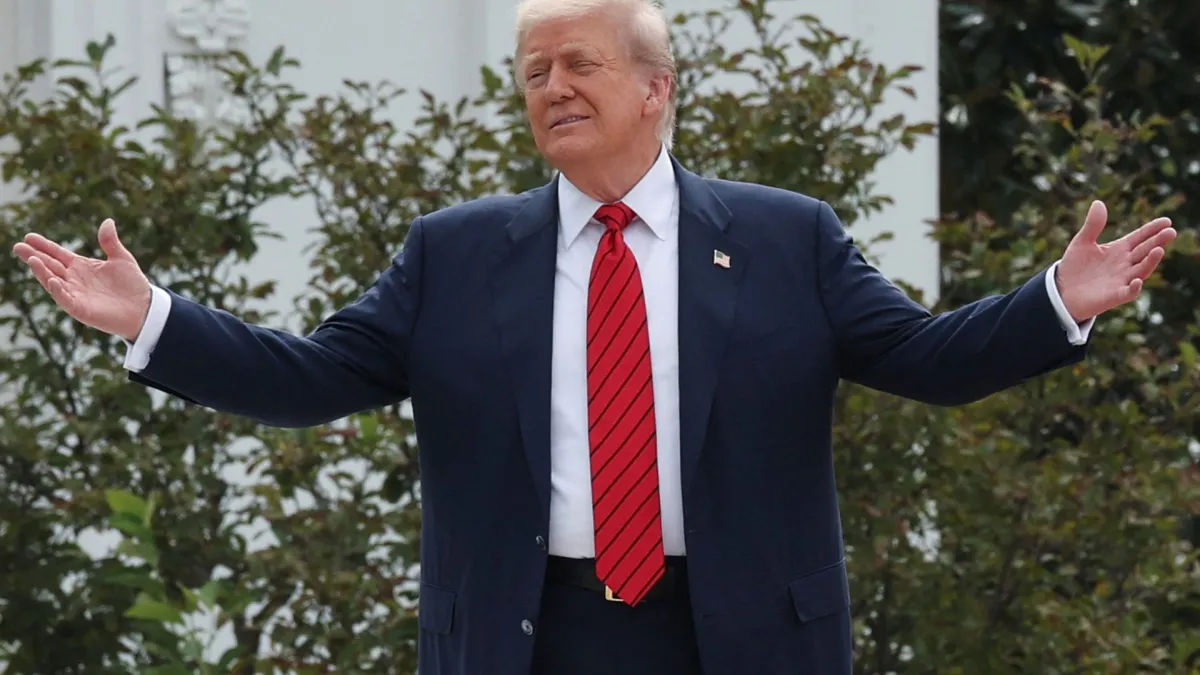
President Trump announced late last week that he intends to claw back $4.9 billion in foreign aid funds, muddying the waters ahead of this month’s negotiations over the 2026 budget while setting up what could be a major battle over the White House’s authority to ignore the will of Congress.
Known as a pocket rescission, the move — which can occur only when there are fewer than 45 days left in the fiscal year — quickly drew criticism from Democrats and some Republicans, who called it an illegal withholding of funding appropriated by Congress. “Any effort to rescind appropriated funds without congressional approval is a clear violation of the law,” said Republican Sen. Susan Collins, who heads the Senate Appropriations Committee. She noted that the Government Accountability Office has also said that pocket rescissions, which haven’t been attempted since 1977, are illegal.
Republican Sen. Lisa Murkowski joined the critics Tuesday. “I strongly object to the Office of Management and Budget’s unlawful attempt to pursue a nearly $5 billion pocket rescission,” Murkowski wrote on social media. “Congress alone bears the constitutional responsibility for funding our government, and any effort to claw back resources outside of the appropriations process undermines that responsibility.”
The White House remains undeterred by the criticism, arguing that the limitations placed on executive authority by the Impoundment Control Act of 1974, which prevents the president from unilaterally withholding funds appropriated by Congress, are unconstitutional. One budget office official reportedly indicated in a statement that the administration is determined to challenge congressional appropriators, saying, “Congress can choose to vote to rescind or continue the funds — it doesn’t matter.”
Budget officials weigh in: Ten former congressional staffers who worked for decades in appropriations wrote a letter Tuesday expressing opposition to the Trump administration’s effort to cut spending via the pocket rescission, an effort being led by Office of Management and Budget Director Russell Vought.
The bipartisan group, which includes G. Willam Hoagland of the Bipartisan Policy Center, who spent 25 years as a senior Republican staffer in the senate, warned that Vought’s effort to cut spending approved by Congress “threatens to fracture the centuries-old process of careful compromises that underlies the passage of laws making appropriations and, consequently, heightens the risk of a government shutdown.”
Saying the Supreme Court has made it clear that Congress must be involved in changes to existing law, the group argued that the pocket rescission “is simply a different name for an unconstitutional line-item veto.”